Filter by
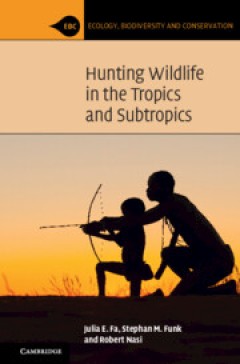
Hunting Wildlife in the Tropics and Subtropics
The hunting of wild animals for their meat has been a crucial activity in the evolution of humans. It continues to be an essential source of food and a generator of income for millions of Indigenous and rural communities worldwide. Conservationists rightly fear that excessive hunting of many animal species will cause their demise, as has already happened throughout the Anthropocene. Many specie…
- Edition
- -
- ISBN/ISSN
- 9781316338704
- Collation
- xxi, 436 p ; ill
- Series Title
- -
- Call Number
- 333.95416 HUN
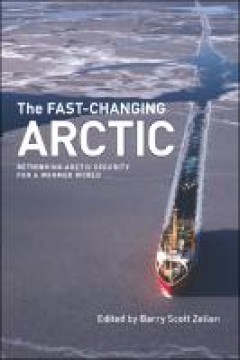
The fast-changing Arctic : rethinking Arctic security for a warmer world
In this timely new book, international scholars and military professionals come together to explore the strategic consequences of the thawing of the Arctic. Their analyses of efforts by governments and defence, security, and coast guard organizations to address these challenges make timely and urgent reading. Rather than a single national perspective, The Fast-Changing Arctic brings together ci…
- Edition
- 9
- ISBN/ISSN
- 9781552386477
- Collation
- ix, 410p.; ill.
- Series Title
- -
- Call Number
- 355.0335113 FAS s
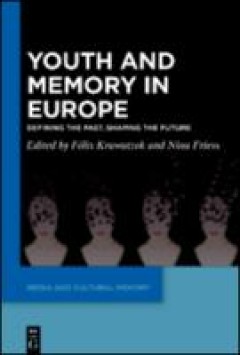
YOUTH AND MEMORY IN EUROPE : defining the past, shaping the future
What kind of historical narratives are young people exposed to and what do they make of them? This volume brings together humanities and social sciences scholars in a study of youth and memory in different European regions. It explores the connections between the historical narratives expressed by young people and the broader, multifaceted historical narratives mediated by their cultures.
- Edition
- 6
- ISBN/ISSN
- 9783110733501
- Collation
- xv, 390p.
- Series Title
- -
- Call Number
- 940.072 YOU k
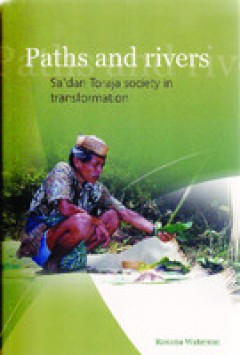
Paths and rivers : Sa'dan Toraja society in transformation
Fieldwork extending over a thirty-year period provided materials for this book. Paths and Rivers offers an unusually deep and broad picture of the Sa’dan Toraja as a society in dynamic transition over the course of the past century. The Toraja inhabit the mountainous highlands of South Sulawesi, Indonesia, and are well known for their dramatic architecture, their unusual cliff burials, and th…
- Edition
- 27
- ISBN/ISSN
- 9789004253858
- Collation
- xxi, 510p.; ill.
- Series Title
- -
- Call Number
- 959.55 PAT w
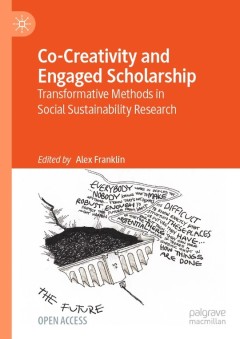
Co-Creativity and Engaged Scholarship : Transformative Methods in Social Sust…
This open access book explores creative and collaborative research methods within the social sustainability sciences. The term co-creativity is used in reference to both individual methods and overarching research approaches that, through socially inclusive forms of action and reflection, stimulate alternative understandings of why and how things are, and how they could be. Supported by a wide-…
- Edition
- -
- ISBN/ISSN
- 9783030842482
- Collation
- xxxi, 559 p.
- Series Title
- -
- Call Number
- 338.927072 COC A
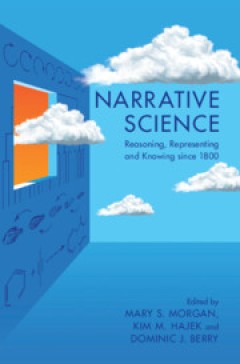
Narrative Science : Reasoning, Representing and Knowing since 1800
Narrative Science examines the use of narrative in scientific research over the last two centuries. It brings together an international group of scholars who have engaged in intense collaboration to find and develop crucial cases of narrative in science. Motivated and coordinated by the Narrative Science project, funded by the European Research Council, this volume offers integrated and insight…
- Edition
- -
- ISBN/ISSN
- 9781009004329
- Collation
- xvi, 500 p ; ill
- Series Title
- -
- Call Number
- 501.4 NAR
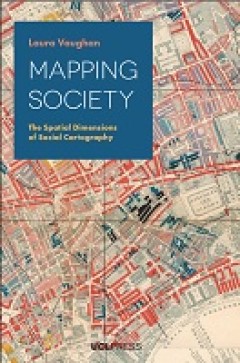
Mapping society : the spatial dimensions of social cartography
From a rare map of yellow fever in eighteenth-century New York, to Charles Booth’s famous maps of poverty in nineteenth-century London, an Italian racial zoning map of early twentieth-century Asmara, to a map of wealth disparities in the banlieues of twenty-first-century Paris, Mapping Society traces the evolution of social cartography over the past two centuries. In this richly illustrated b…
- Edition
- 25
- ISBN/ISSN
- 9781787353053
- Collation
- xix, 268p.; ill.
- Series Title
- -
- Call Number
- 526 MAP v
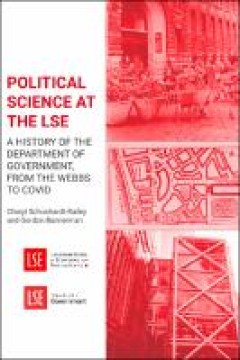
Political science at the LSE : a history of the Department of Government, fro…
This monograph traces the emergence and evolution of the LSE Government Department from 1895 to 2020, focusing on the personalities that guided the development of the Department, the social and political contexts the Department existed within, its research agenda and course structure, and the location of the Department in British politics. It also charts the evolution of the discipline of polit…
- Edition
- -
- ISBN/ISSN
- 9781914481055
- Collation
- vii, 181 p. ill
- Series Title
- -
- Call Number
- 330 POL B
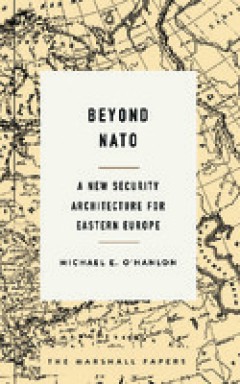
Beyond NATO; A New Security Architecture For Eastern Europe
In this new Brookings Marshall Paper, Michael O’Hanlon argues that now is the time for Western nations to negotiate a new security architecture for neutral countries in eastern Europe to stabilize the region and reduce the risks of war with Russia. He believes NATO expansion has gone far enough. The core concept of this new security architecture would be one of permanent neutrality. The count…
- Edition
- -
- ISBN/ISSN
- 9780815732587
- Collation
- -
- Series Title
- -
- Call Number
- -
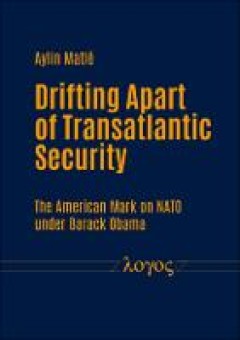
Drifting Apart of Transatlantic Security; The American Mark On NATO Under Bar…
For the first time, this book examines the comparative impact of the Obama administration on the NATO and defense policies of European allies. Germany, Poland and Turkey serve as case studies to evaluate American policies vis-à-vis NATO Europe. All three are representative for the Alliance in various ways. Thus, the results of this book offer an outlook for NATO Europe and the Alliance as a wh…
- Edition
- -
- ISBN/ISSN
- -
- Collation
- Knowledge Unlatched (KU)
- Series Title
- -
- Call Number
- -
 Computer Science, Information & General Works
Computer Science, Information & General Works  Philosophy & Psychology
Philosophy & Psychology  Religion
Religion  Social Sciences
Social Sciences  Language
Language  Pure Science
Pure Science  Applied Sciences
Applied Sciences  Art & Recreation
Art & Recreation  Literature
Literature  History & Geography
History & Geography